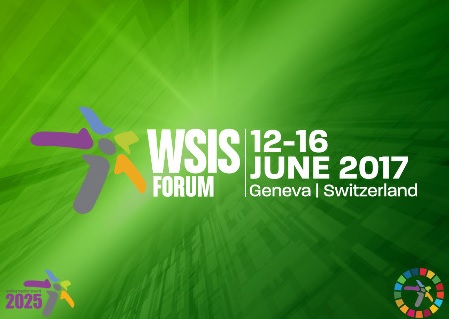
| WSIS Forum 2017: Addressing the Global e-Waste Challenge
The session highlighted current challenges in the area of e-waste. It introduced the
Global E-waste Statistics Partnership, an initiative led by the International Telecommunication Union (ITU), the United Nations University (UNU), and the International Solid Waste Association (ISWA) and provided information on current efforts to increase the availability and quality of e-waste statistics. The session illustrated the challenges and needs from industry, governments and academia, and efforts on how to address these. |
More and more people are joining and benefiting from the opportunities of the digital economy and information society. As technologies change at great speed, and as access to and use of electrical and electronic equipment increases, product lifecycles become shorter and many designs do not support repair or reuse. As a result, the amount of electronic waste, or e-waste, is growing rapidly and large dump sides exist throughout the world. Often only anecdotal evidence is available on the production, management, and recycling of e-waste and valuable resources, including gold, are wasted.
Used, broken, or obsolete equipment, such as phones, laptops, sensors, TVs, and batteries contain substances that pose considerable environmental and health risks, especially if treated inadequately. Today, most e-waste is not properly documented and not treated through appropriate recycling chains and methods. The majority ends up in dumpsites.
Measuring e-waste is an important step towards addressing the e-waste challenge. Statistics help to evaluate developments over time, set and assess targets, and identify best practices of policies, but also to illustrate the magnitude of the challenge and the possibilities associated with those. Better e-waste data will help to minimize its generation, prevent illegal dumping, promote recycling, and create jobs in the reuse, refurbishment and recycling sectors. It will contribute to the achievement of the Sustainable Development Goals, in particular SDG 12, to ‘ensure sustainable consumption and production patterns’, but also other SDGs. A global target to ‘reduce the volume of redundant e-waste by 50% by 2020’ was set by the ITU Membership.
Despite the recognition of the importance of monitoring e-waste, and a set of e-waste indicators, including definitions and methodologies, only about 40 countries in the world collect internationally comparable statistics on e-waste. Existing global and regional estimates are based on production and trade statistics but should eventually be replaced by nationally produced data.
